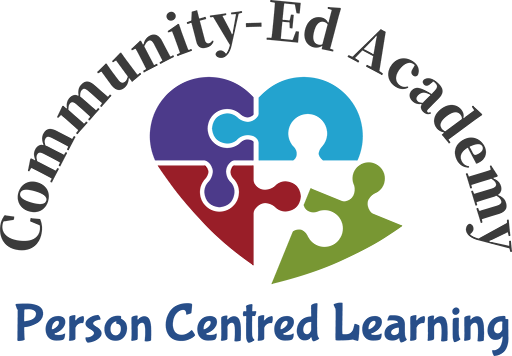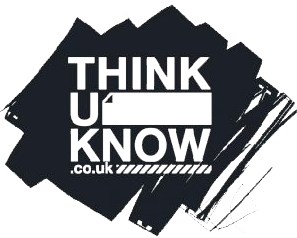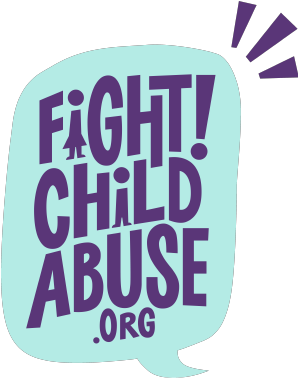Welcome Pack
At Community Ed Academy we recognise that no one is an island and our students are no exception. It is crucial for home to support school and we have seen this time and again that when home supports school and is able to be proactive, student engagement and success increases. It is also important for school to support home and this is through Family Support.
We know that working with children with specialist needs can be difficult and as the saying goes “you don’t get a manual when you have a child.” We certainly do not promise to have all the answers, but what we do have is experience, time, and a listening ear. Sometimes all we need is someone to talk things through with to help find solutions that are right for you and the students.
We can offer support into other services if that is what is needed, run Early Help Assessment Plans, Family Support Plans, be involved in meetings with other professions or simply offer a cuppa and a chat. We want you to feel just as much as part of the Community Ed family as your students will, because we know that a happy supported home leads to a happy and supported student who is ready to learn.
Parents Support
Students who wish to attend Community-Ed Academy must have an Education Health Care Plan (EHCP).
The local Authority refers all students to us. The placement team has a panel that meets fortnightly and decides on individual cases. The Local Authority is aware of the type of placement Community Ed Academy can offer and matches students' needs to special schools' SEND provision.
Once a referral is sent to the school, the school has 15 days to respond and state if they can meet that child's needs against their needs, which is in section E of the child’s EHCP. The Headteacher will read the referral paperwork, and if they think the child's needs can be met at Community Ed Academy, they will invite them into school with their parents to meet staff and look around. If the child and the parents are happy, the school will likely offer a taster day. After a successful taster day, a place is likely to be offered.
The Headteacher will complete the referral paperwork offering a place, and the offer will be discussed at the next placement panel. The Local Authority will consider the child's needs, alongside the placement offer compared to any other offer, and value for money.
Once the Local Authority agrees on a placemat, an offer letter will be sent to parents. Parents must sign and return this, accepting the offer. Once the offer has been accepted, the Headteacher will be in contact with the child and parents to agree a start date.
If you have any concerns or would like any support around EHCPs or the referral process, you can refer to the following:
https://www.suffolklocaloffer.org.uk/
https://www.norfolk.gov.uk/SEND
Or contact the Headteacher using the contact information provided.
Here at Community-Ed we know that the key for supporting our students well, is to support and empower our parents and guardians with 1:1 family support and information regarding important areas. Here you will find information and links to important and current information that we hope you will find useful. It is worth keeping an eye on this section as we will look to update it regularly. This term we have added access to some free parental resources. These resources are offered through SSS Training, which is our trusted company that supplies all our staff with staff training. Please have a look at these resources to see the type of resources now available for you.
Barnado's Parents Guide to a child's HSB
Digital guide for SecondarySchool parents
Students Support
Hi and thanks for looking at our student support page. Here you will find lots of information and videos on topics and areas that you might find interesting. If you feel like you would like some support around your mental health, worries about friends and family, friendships or other areas, we hope that you will find something here.
We will add in links to websites as we discover more and look to add different bits in that we feel may be helpful. Have a look through and see what you think. If you have any ideas on how to make this page better, please let us know as we would love to hear your ideas.
www.mind.org.uk
Mind is a great website that offers free support to young people. It has lots of information on it as well as videos that you can watch around mental health and how to look after yourself. This website also has some great information about what to do if you are worried about a friend’s mental health and how you could help.
www.childnet.com
Childnet offers lots of information about online bullying, gaming and grooming. They give tips about what to do if you are worried about your own safety online. This website does not have any videos so requires a lot of reading. If you want to, ask someone close to you to support you to look through it, or even someone at school.
www.thinkuknow.co.uk
Think U Know offers advice and guidance to all young people, parents and guardians as well as teachers and those that work closely with young people. We have included the link for the 11 to 18 year old page. Here you will find information on lots of topics such as online safety, being social online and support around relationships. There is a lot of information on this website, so it may be helpful to get a trusted someone to help you navigate your way through it.
www.themix.org.uk
The Mix is a website that supports young people under the age of 25 years old. They offer advice and guidance on many different topics from sex and relationships, to mental health and drink and drugs. You can join safe and secure chat message boards to talk to other young people with a health professional to support, or you can message for some 1:1 support. You can also text or email them and speak to them that way if that’s more comfortable.
www.map.uk.net
MAP is an organisation that supports young people from11-25 years old. They have a great website that you can look at and find advice, guidance and support. You can also visit their support hubs in Great Yarmouth and Norwich, where they offer spaces for young people on a Monday, Wednesday and Friday between 1:30 and 5pm. They offer lots of other face to face support so feel free to pop down and check them out. If you would like someone from school to take you down there to check it out.
fightchildabuse.org
This is a website that looks at how young people can keep themselves safe. They have lots of cool videos to watch on many different subject from keeping yourself safe to what to do if you feel you need to speak with someone. Check it out.
Rewards and Sanctions
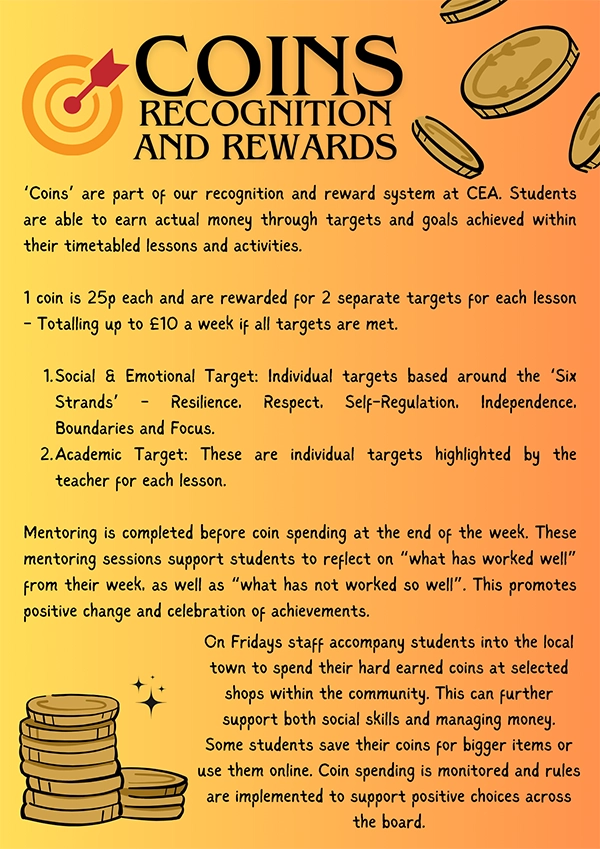
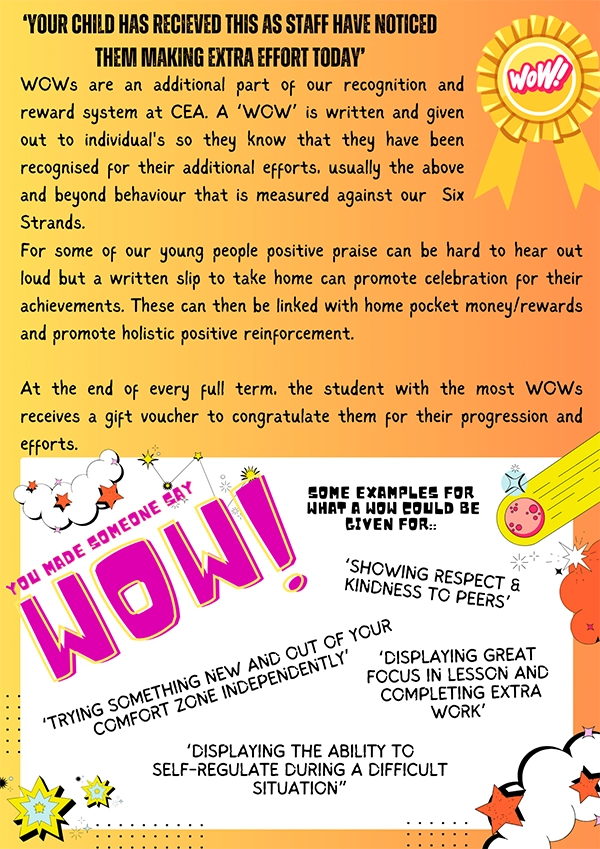
Traffic Light Behaviour System
At Community Ed we have a special way to help you understand and manage your behaviour at school! It's called "The Traffic Light Behaviour System." Just like traffic lights on the road, this system uses different colours to tell you how your behaviour is doing.
Remember, everyone can have different colours at different times, and that's okay! The important thing is to talk to staff around you and let them help. We are here to support you every step of the way.
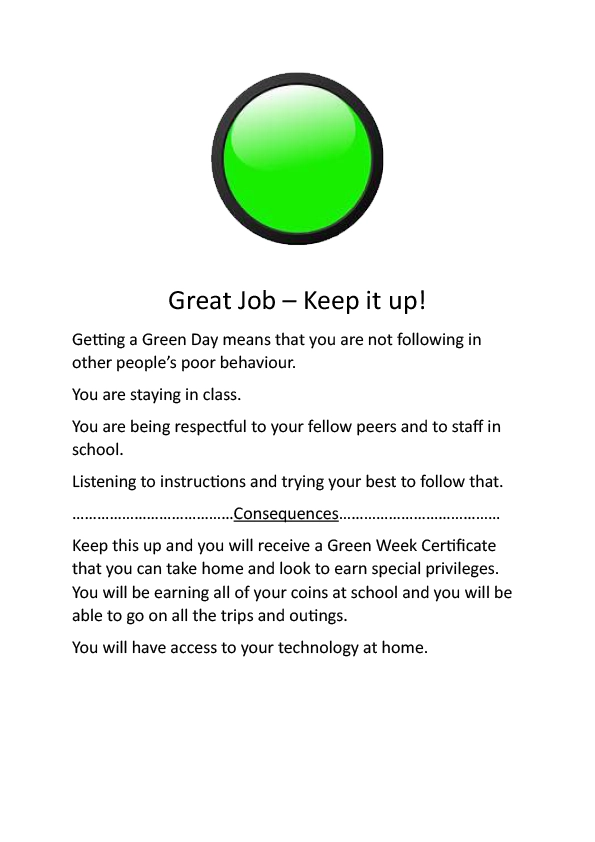
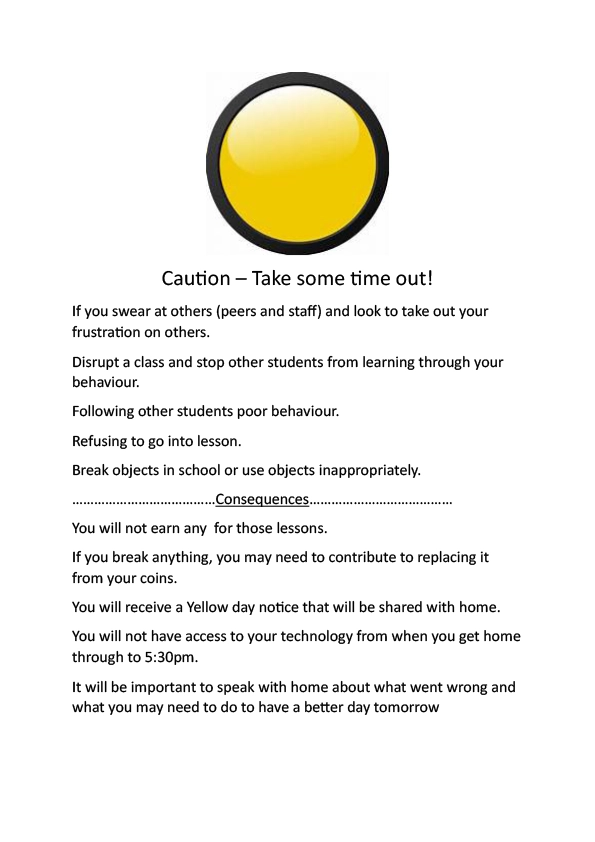
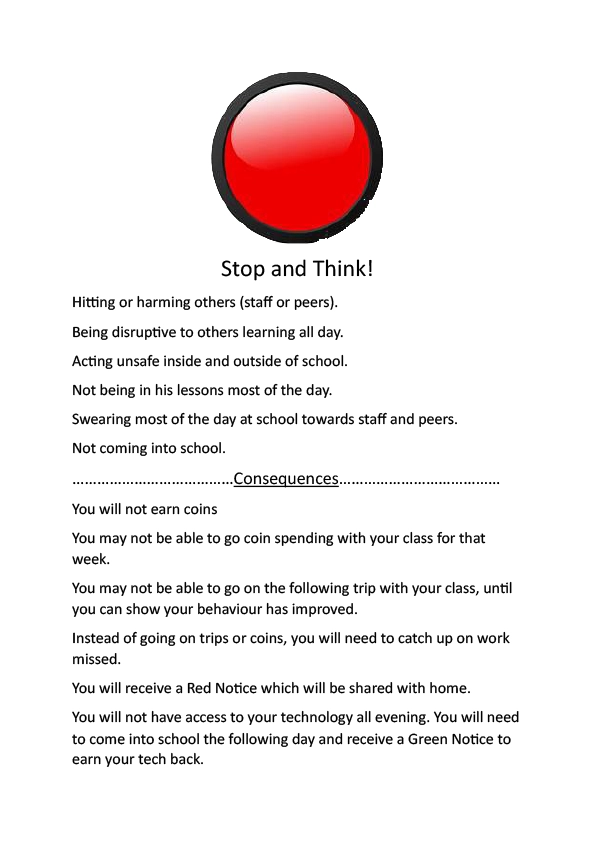
The Tier System
At Community-Ed Academy school, we also use the Tier System to help manage and support student behaviour. This structured approach helps students understand the impact of their actions and encourages positive behaviour both at school and at home. The Tier System helps create a consistent, supportive environment where students can learn and grow. Through positive reinforcement and clear consequences, we aim to guide students towards better behaviour and success both in school and at home.
Tier Three
- Putting self in unsafe situations during school day and on trips
- Damaging school & peers’ property
- Physically hurting others
Tier Two
- Repetitive disruption of other students learning
- Not remaining in her classes
- Throwing objects/using objects inappropriately
- Verbally abusive to others (Staff & Peers)
Tier One
- Swearing at staff and peers
- Refusal to do school work/ not trying
- Minor Disruption to class learning
School Counselling
At Community Ed Academy we recognise that a student that is struggling with their emotional wellbeing, may not be able to apply them selves fully academically. We offer a 1:1 therapeutic space for all students through our on-site counsellor. This is a safe space for our students to be able to talk and explore any issues or worries they may have. The school counsellor works closely with all staff and this means concerns or worries about students can be addressed and support can be put in place quickly.
Not all students are able to express themselves in the same way, which is why our counsellor works in a creative and child centred way, tailoring sessions to the students needs. This could be through sessions involving clay, sand trays, woodwork or just going out for a walk and talk. This can allow the student to express themselves through these mediums and it can take the pressure off of the student. Sessions normally last around 45 minutes, but it can be shortened if this time is too much for a student. There is no cap on how many sessions a student can have, instead we work around what is helpful and if it is benefiting the student, then we continue.
Our counselling service is also open to parents and guardians, to help offer support if things get too much or to help them explore past difficulties or current issues.

